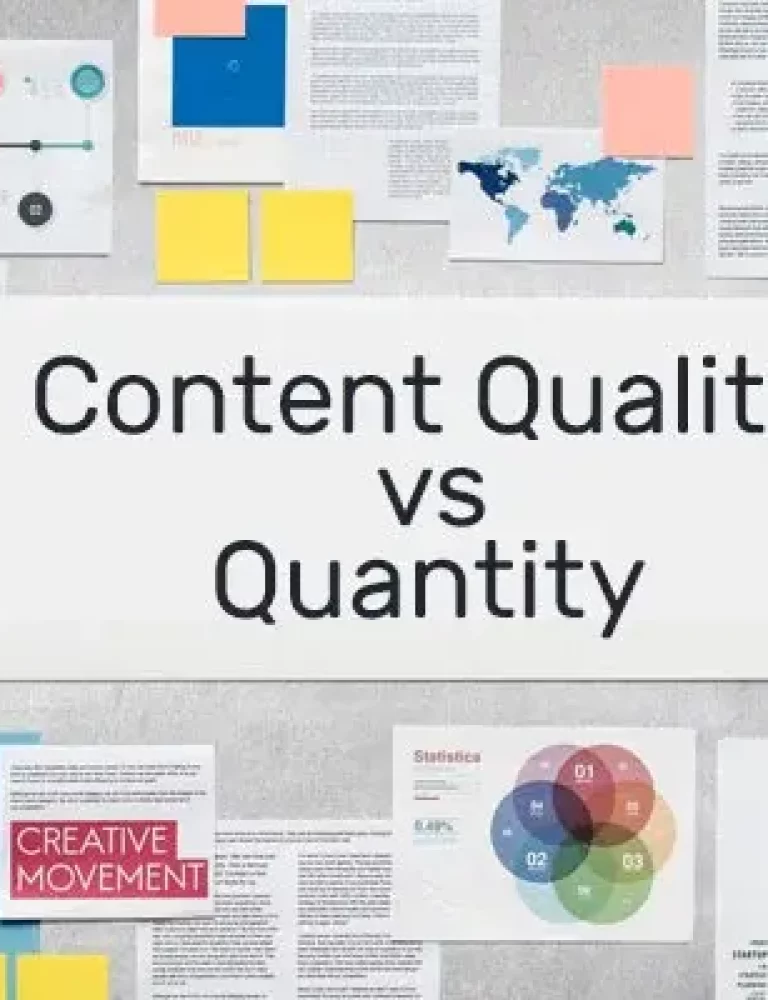The pandemic has given a tough time to the entire world. In an attempt to contain the spread of the virus, the educational fraternity had to fall back on online learning. Subsequently, e-learning has gained new momentum with new and improvised eBook modules.
The purpose of these self-contained elearning modules is to impart course content to students methodically and interactively. Earlier, most educational institutions were not equipped for this change, but with the integration of the Learning Management System (LMS), things became easier and streamlined.
Advanced eBook technology integration with LMS has enabled schools and other educational institutions to integrate their desired digital tools. By leveraging a powerful tool like LMS, institutions can extend their reach to a wider audience for online education.
In the domain of modern education, digital learning has acquired a lot of prominence in redesigning conventional teaching practices. eBooks are the new normal in this learning age. In this blog, we’ll discuss the top advantages of integrating eBook technology with LMS in the realm of higher education.
Table of Contents
I. 8 Advantages of Integrating Technology with LMS
- User-Friendly and Dynamic
- More Flexible
- Individual Insights Through Analytics
- Personalized Learning Courses
- Smart Assessment and Grading Tools
- Learning en Route
- Scalable
- Hasslefree Course Content Modification
II. Conclusion
8 Advantages of Integrating eBook Technology with LMS
1. User-Friendly and Dynamic
eBook technology integration with LMS provides a dynamic and user-friendly platform for educators and students of higher education. LMS, being a centralized platform, contains all the necessary study materials that would be required to pursue a particular course.
Its sole well-managed database offers an optimized learning experience for all students. Both learners and educators can organize, share, and access all the course materials. They can upload work, take evaluations, and provide course materials by posting them on this integrated platform. With a cloud-based LMS platform, it becomes easier to access the data from anywhere.
KITABOO is one such digital publishing platform that supports cloud-based LMS integration with a refreshing interface, book downloading features, offline reading mode, and much more.
2. More Flexible
By integrating eBook technology with LMS, students of higher education get exposed to excellent flexibility.
Apart from escaping the conventional classroom routine, they can even access the course content and resources anytime and anywhere. This flexibility of choice prevents interruption of any course plan due to unavoidable campus closure(s).
Instructors can access all course plans directly from their mobile phones or tablets, regardless of location or time.
3. Individual Insights Through Analytics
Higher education institutions leverage data for growth and development purposes. eBook Technology integration with LMS offers reporting analytics features to analyze and customize data from every course based on the reports. Instructors can gauge the effectiveness of their course by analyzing the learners’ performance and engagement.
It helps educators to modify their teaching techniques and figure out if the students need any kind of additional help. This helps in enhancing the learning experience for best results.
Create your eBook website using the KITABOO eCommerce engine. It takes care of all your needs related to eBook distribution, such as hosting, searching titles, managing categories, prices, and promotions.
4. Personalized Learning Courses
Every student has a different pace and way of learning. eLearning platforms have gained popularity by identifying the value of personalized learning. Students can browse through the course materials following a suitable regime.
Integrating eBooks with the LMS platform also facilitates adjusting the learning pattern as per the student’s capabilities. They can determine their sole personalized goals under a specific course, opt for collaborative or individual learning, and evaluate their learning aptitude through voluntary assessments. With such a customized learning experience, students become more confident.
Digital textbook platforms like KITABOO, with its LTI-compliant technology, offer effortless integration with the user’s LMS. Whether the user is a higher education instructor or a student, the platform facilitates enhanced features like embedded multimedia and interactivity features like audio, video, images, assignment widgets, read-aloud, etc., to digitize and refine their eBooks (study materials).
5. Smart Assessment and Grading Tools
LMS helps instructors to evaluate their students’ performance easily. The platform conducts assessments and quizzes with simple automated grading systems. Students can opt for these assessments from any location.
Besides, it eliminates the hassle of collecting and managing answer scripts. Students need to submit the assessment forms online, which will be reviewed by the instructors at their convenience. Apart from evaluations, several other tasks can be effectively managed by the LMS, like homework, presentations, projects, etc.
6. Learning en Route
eLearning technology integration with LMS in higher education ensures students can access the platform from any location. To keep the learning content available at learners’ fingertips, the LMS can be integrated with mobile apps.
At times when students are moving out of their usual location or traveling, they can still attend lectures, submit assignments, and check grades. It is not mandatory to be in front of a desktop computer to perform the above tasks. Both students and teachers can use their mobile phones or tablets to monitor the above.
Digital textbook platforms like KITABOO design and offer content that is compatible with different devices (smartphones, tablets, PCs). The platform also facilitates reading on different operating systems, such as iPad/ iPhones (iOS), Android Devices, Windows, and HTML5.
7. Scalable
Higher education institutions demand scalable Learning Management Systems. It is impossible to estimate the number of enrolled students for a specific course and the volume of classes. For an uninterrupted learning process, it is vital to have an LMS that can handle any number of student enrollments and class volumes together with the institution.
More student enrollment means the LMS should be capable of managing large numbers of data and users without crashing. Through conventional servers and cloud environments, institutions can keep a close check on the LMS functionality and adjust it accordingly.
8. Hasslefree Course Content Modification
Earlier, modifying course content was not as simple as it is today. But with eBook technology integrations with LMS, things have become simpler and streamlined. Updating or revising a course plan is no longer a challenge for instructors while progressing in their learning modules, making way for a more consistent course flow.
Instructors can update or modify their eBook learning modules, delivering a more consistent course flow. They can even add or remove any learning materials from a particular course whenever needed. Regardless of the changes made, the eBook-integrated LMS technology helps maintain the quality of learning and allows students to stay updated with the current.
Conclusion
eBook learning technology integrated with LMS provides an engaging and dynamic learning experience for students of higher education. Interactive learning, flexibility, and real-time updates are some of the benefits of this integrated platform. It helps in improving the online learning experience and outcome.
Education providers and publishers can partner with technology-enhanced digital textbook platforms like KITABOO to publish, distribute, and market their eLearning content.
To know more, write to us at KITABOO@hurix.com.
Discover How An Ebook Conversion, Publishing & Distribution Platform Can Help You
Kitaboo is a cloud-based content platform to create-publish & securely distribute interactive mobile-ready ebooks.
You May Also Like







